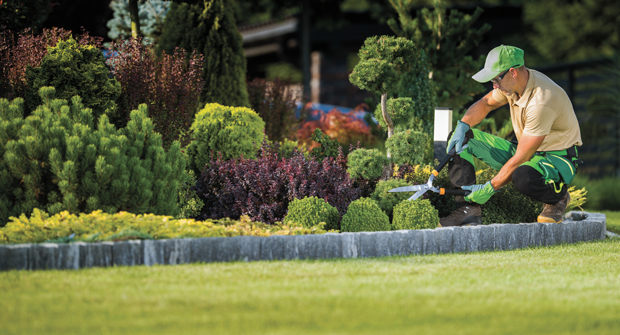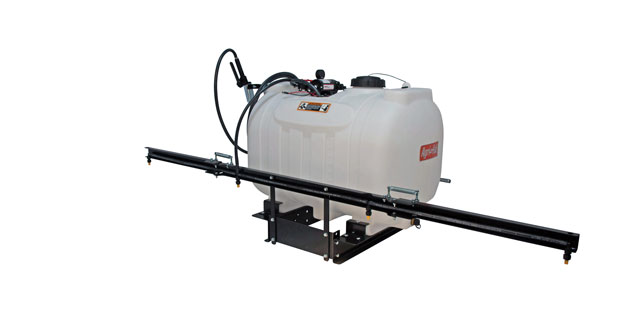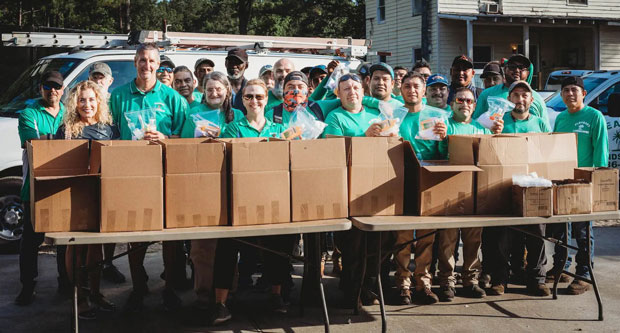Lawn care operators (LCOs) are turf’s best defenders in the landscaping business. But who’s defending the defender?
When it comes to personal protective equipment (PPE), it’s up to the individual to make sure they’re adequately prepared for the job. In a profession that deals closely with a wide variety of toxic chemicals and heavy equipment, making sure you’re following the recommended (and sometimes legally required) safety tips is critical for any landscaper.
Talk to the big guns
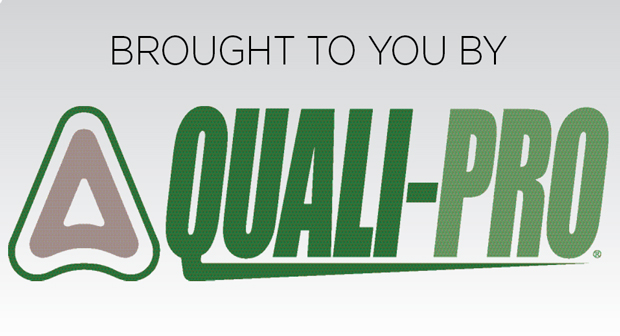
Jay Wyrick, turf and ornamental agronomist for FineTurf in North Carolina, says PPE is regulated by the Occupational Safety and Health Administration (OSHA) and the Worker Protection Standard when dealing with pesticides and other chemicals. Following these instructions and laws, he says, is crucial.
“Our guys are required here to wear neoprene, rubber type gloves that are chemical resistant, as well as rubber boots that are chemical resistant, long sleeve shirts, long pants, socks, hats,” Wyrick says. “We don’t deal a whole lot with the products that need respirators, but we do recommend the guys that are mixing and loading trucks to wear some type of eyewear — safety glasses — just to keep protection from potential splashes or splash backs.”
Wyrick also recommends staying up to date with state and local guidelines, as they can sometimes differ in what PPE is mandated. Plus, reading the labels on any chemical product or machinery is a great way to know what safety precautions should be taken before and after use.
“You got to follow the law on this. I mean, you’re dealing with people and animals, so you have to pretty much stick to the rules on this one,” Wyrick says. “There’s really no shortcut.”
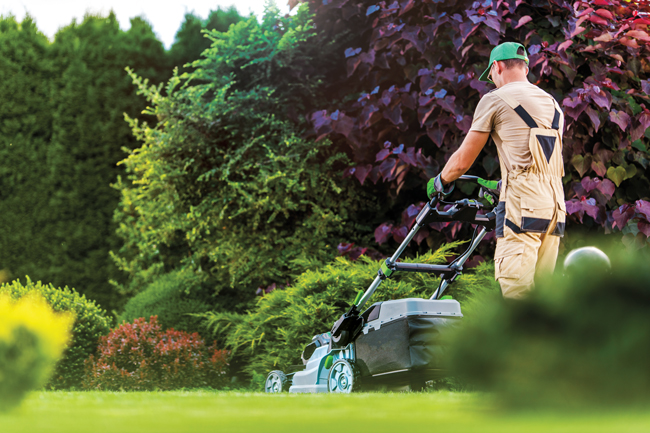
A sensitive subject
While PPE is important, it’s often seen as too tedious or not that big of a deal, leading to it being overlooked.
“I see guys out in the field all the time spraying without the right gloves, in shorts during the summertime, those types of things,” Wyrick says. “Those are definitely things that I see other companies doing in the field on a regular basis.”
Wyrick warns though that building proper habits with the right safety equipment is important, especially with how sensitive different parts of the body can be to the chemicals LCOs use.
“The most obvious thing I think to most people would be your eyes and your hands. But honestly, the most unprotected part, or the most dermally absorbed part, is actually your genitals and your feet,” Wyrick says. “Those two areas tend to absorb pesticides or any kind of chemical the quickest.”
And while that may sound a bit silly, Wyrick says the sensitivity of those two regions is exactly why wearing proper gloves, followed by regular hand washing especially before and after using the restroom, is one of the most important yet overlooked tips with personal safety.
Other sometimes forgotten steps Wyrick reminds of is to wash work clothes in a separate load of laundry, throw out any clothes that have been seriously contaminated and to carry equipment that could leak or burst — such as a hose — away from the neck and face.
Call for backup
Wyrick says LCOs should also monitor themselves and others for possible pesticide poisoning by looking for symptoms like nausea, skin irritation, headaches and more.
If help is needed, reading the chemical product’s labels will say what to do, and always call the national poison control line at 800-222-1222 for further instructions.
